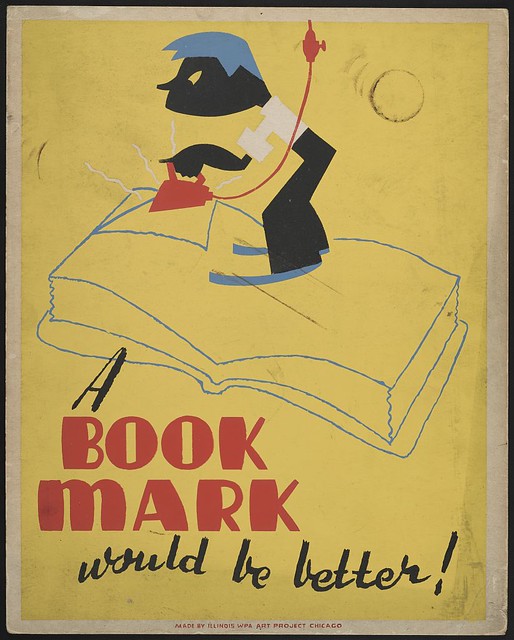When Laura and I chatted with the folks from Amazon Children's Publishing at the ALA Midwinter meeting earlier this year, they were heavily pushing Sarah Fine's Sanctum as "the next Angelfall." While on some level I understand the comparison--Angelfall features angels who are quite demonic, Sanctum is set in an afterlife full of demon-like creatures--the two books aren't read-alikes and likely don't share a audience.
With that said, as a fan of adult urban fantasy, Sanctum hits where so many other young adult novels billed as urban fantasy miss; it's a creative and unique novel I'd recommend to fans of the genre, teen or adult.
Lela Santos, who's spent much of her life in the foster care system, is finally settled into a good life at the beginning of Sanctum. She's thinking about college--something she never believed possible; she has an unlikely best friend in the form of Nadia, who's the popular girl Lela never believed would be her friend; she has a stable life in a safe home. That crumbles when Lela's best friend kills herself in a bout of depression Lela didn't see.
Racked with grief and guilt, Lela begins to have visions of her friend tormented in a horrible place. In her distraught frame-of-mind, she tries to find closure about Nadia's death, but instead (stay with me here--this sounds a bit wacky, but it all makes sense in the story) she winds up dead thanks to a freak accident. Lela plummets into a terrifying underworld, the same place she saw in her visions. Determined to find Nadia and figure out a way for them both to escape, Lela enters the Dark City, a terrifying, shadowy place where lost souls wander.
This city is a scary place. Food is inedible, demon-like creatures called Mazikin wander the streets looking for bodies to possess, and the guardians of this creepy place are pretty scary too.









